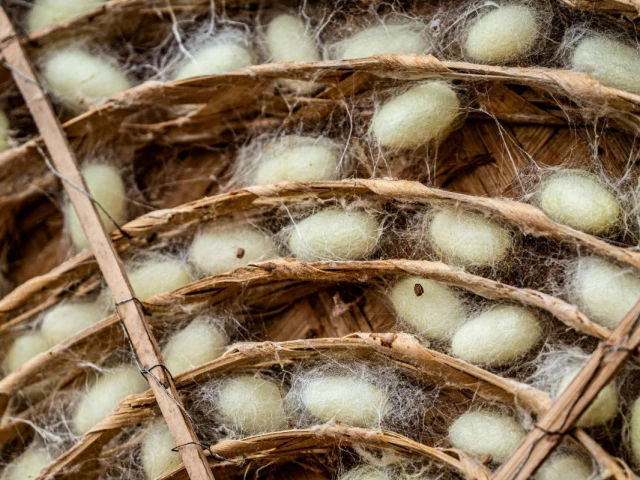Unlocking Economic Potential: The Power of Non-Timber Forest Produce in Punjab
In the vibrant landscapes of Punjab, there’s much talk about projects aimed at alleviating poverty, but one major player often gets overlooked: the Non-Timber Forest Produce (NTFP) sector. This sector holds incredible potential for connecting small businesses and creating job opportunities for thousands of rural families, especially women. Yet, it’s still largely neglected.
Take Fatima Bibi from Changa Manga, for instance. She’s been supporting her family by rearing silkworms for years. "I used to earn Rs60,000 to Rs70,000 by buying silk seeds for just Rs4,000. I also trained in mushroom growing, but without proper facilities, I couldn’t turn it into a thriving business," she shares. Like Fatima, countless others trained in silk production now find themselves jobless due to lack of support.
In 2021, the Punjab Forest Department launched an ambitious Rs136 million project aimed at sericulture, mushroom farming, beekeeping, and cultivating medicinal plants. While this initiative trained 1,500 men and 500 women, it faced an abrupt halt in its second year, leaving many entrepreneurs in despair.
Dr. Zafar Siddique, an Associate Professor at Government College Lahore, emphasizes the global reliance on herbal medicine, indicating that around 70-80% of people still use it. “Pakistan has enormous potential to grow plants like aloe vera, basil, and moringa, but we continue to rely on imports to meet our needs,” he explains. “If women are equipped with seeds and basic training, kitchen gardening could become a profitable and healthy endeavor.”
Echoing this sentiment, Farooq Bhatti, Deputy Director of Sericulture, reveals that his organization is currently limited to silk production due to funding constraints. “Only experimental projects are underway for mushrooms, honey, and herbs,” he notes, pointing out that Japanese mulberry has the dual benefit of nourishing silkworms while also serving medicinal and handicraft purposes.
Rana Saeed Anwar, the President of the Silk Farming and Traders Association, shares a hopeful vision. The initial project aimed to employ 100,000 families, which has the potential to scale to one million. “Beekeeping alone could employ roughly 400,000 people, while silk making could engage 700,000," Anwar reveals. "Additionally, around 30,000 women could earn an income from growing medicinal plants at home.”
Assuring a commitment to revitalize the NTFP sector, Punjab Forest Department Director General Azfar Zia states, “We’ve completed a survey of herbs and plants covering 1.25 million acres of forests in Punjab. Our goal is to offer alternative employment opportunities in non-timber farming, which could empower local communities rather than leading them to depend on timber harvesting.”
Experts are united in their belief that projects like NTFP can create sustainable livelihoods for rural women and small farmers. However, a consistent policy framework and reliable funding are paramount for these initiatives to flourish.
The potential is abundant, and with the right support, the NTFP sector could be a game changer for economic development in Punjab. If you’re interested in exploring more opportunities for growth and outreach in this area, connect with us at Pro21st. Let’s make a difference together!
At Pro21st, we believe in sharing updates that matter.
Stay connected for more real conversations, fresh insights, and 21st-century perspectives.





